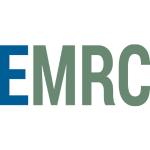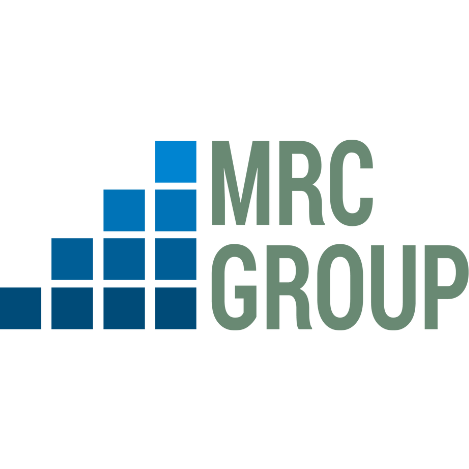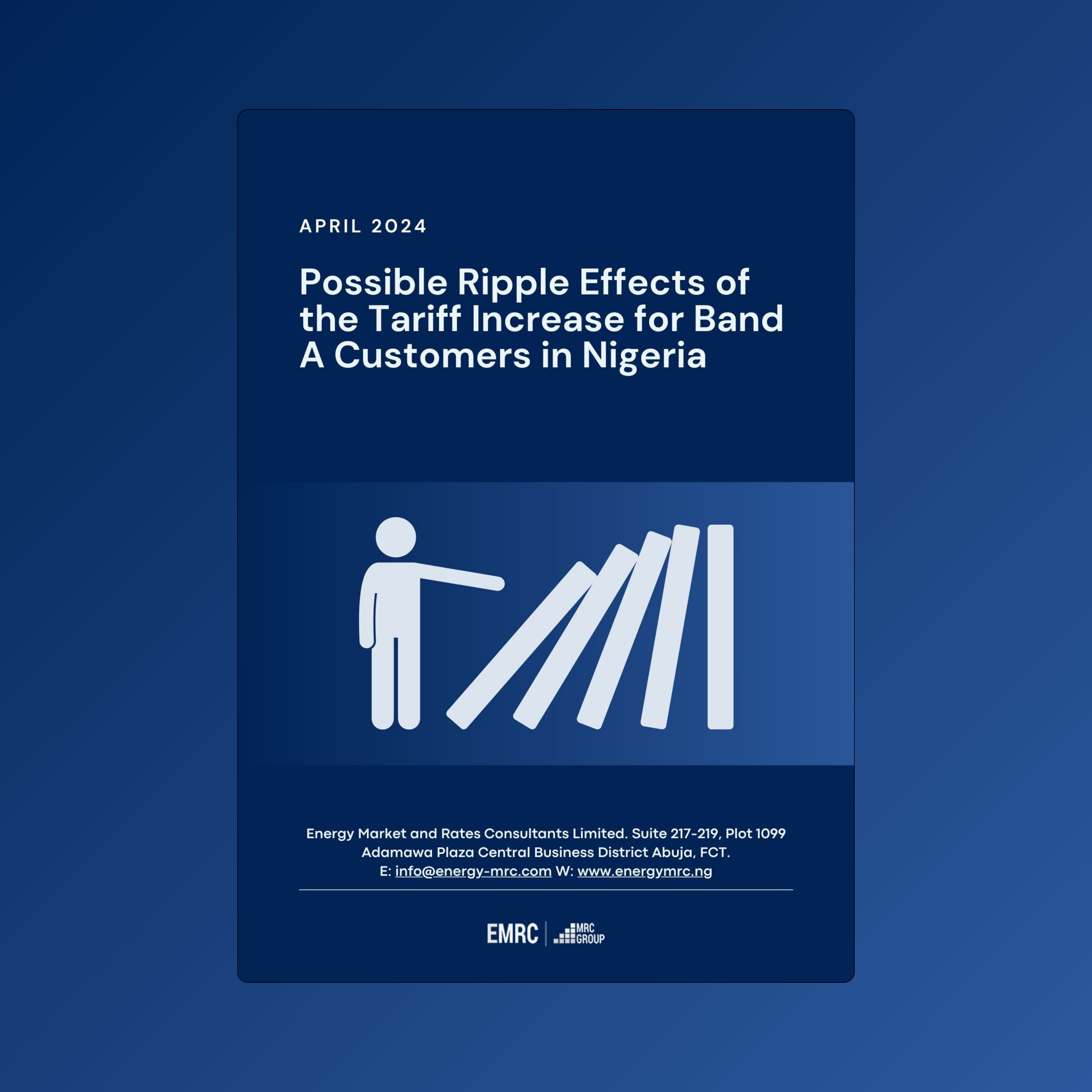
The Nigerian electricity market has long faced numerous challenges, including inadequate infrastructure, high technical and commercial losses, and a complex regulatory environment. Discos, responsible for distributing electricity to end-users, operate under diverse conditions with varying operational efficiencies, customer bases, and geographical challenges. These variations necessitate a tariff structure that reflects the actual costs incurred by each Disco, ensuring financial sustainability and encouraging investment in the sector.
The MYTO framework was introduced to establish a transparent, predictable, and cost-reflective tariff setting process. It considers factors such as energy procurement costs, operational efficiency, technical and commercial losses, and the specific characteristics of each Disco's customer base. By aligning tariffs with the actual costs of electricity supply, MYTO aims to provide Discos with the revenue needed to maintain and upgrade infrastructure, reduce losses, and improve service delivery.
The Nigerian Electricity Regulatory Commission's (NERC) decision to implement uniform tariffs for Band A customers across all Distribution Companies (Discos) represents a significant shift from the cost-reflective principles established by the Multi-Year Tariff Order (MYTO) methodology. While the move aims to simplify the tariff structure and promote equity, it introduces several benefits and challenges that require careful consideration.
In conclusion, while uniform tariffs for Band A customers offer potential benefits in terms of simplification and perceived fairness, it is imperative to address the associated challenges through a balanced approach. By aligning with international best practices, ensuring financial viability, and fostering efficiency, Nigeria can develop a robust and equitable tariff framework that supports the sustainable growth of its electricity sector.
This balanced approach will help create a transparent, fair, and efficient electricity market, ultimately benefiting all.












